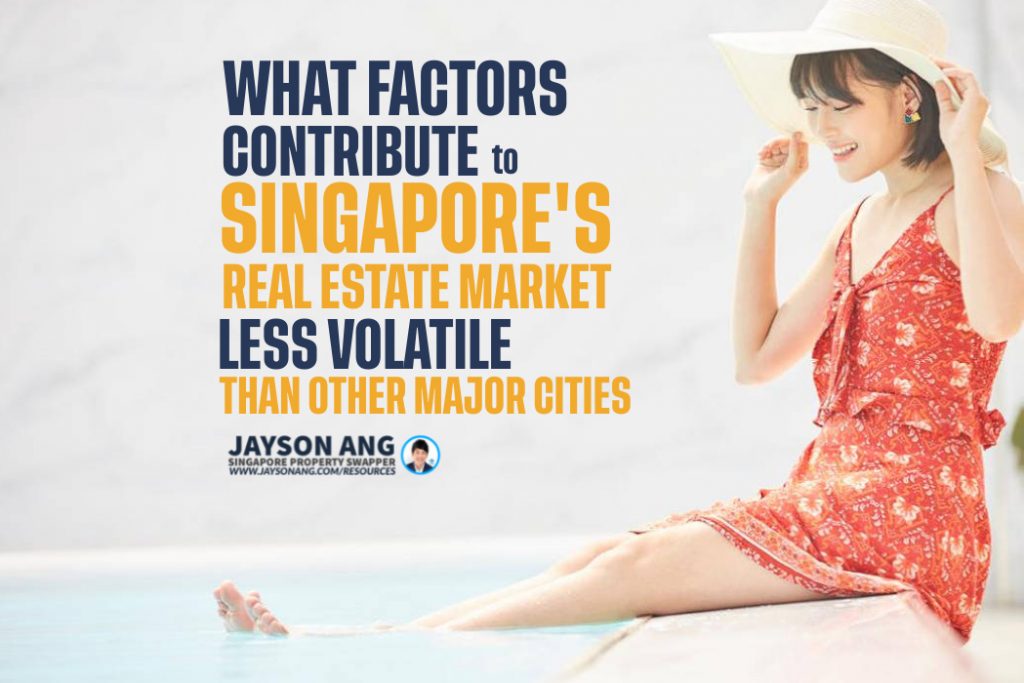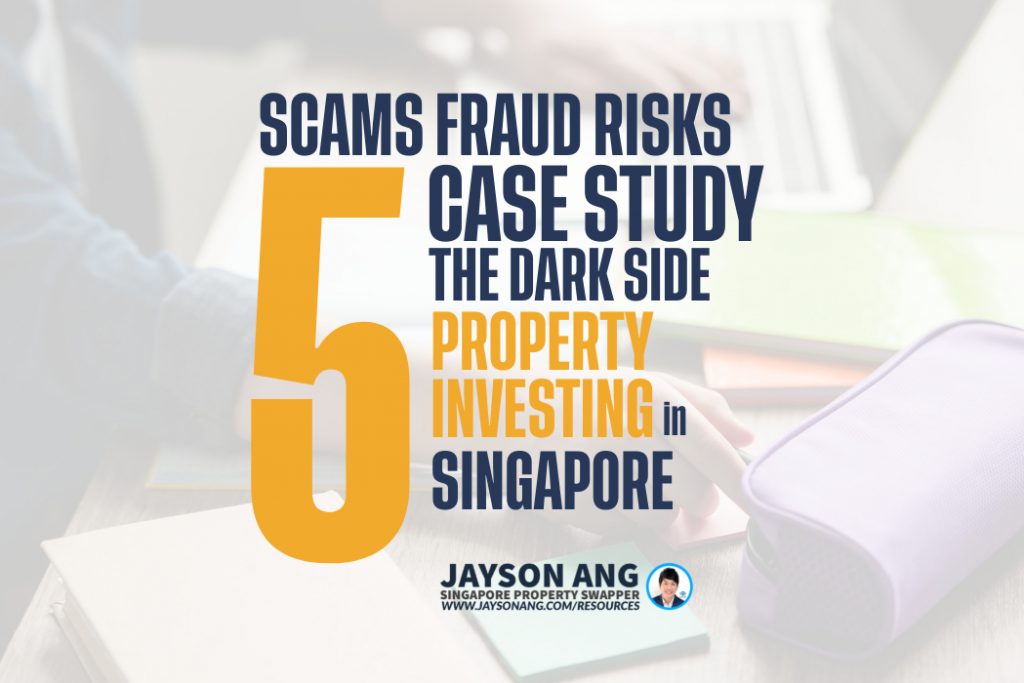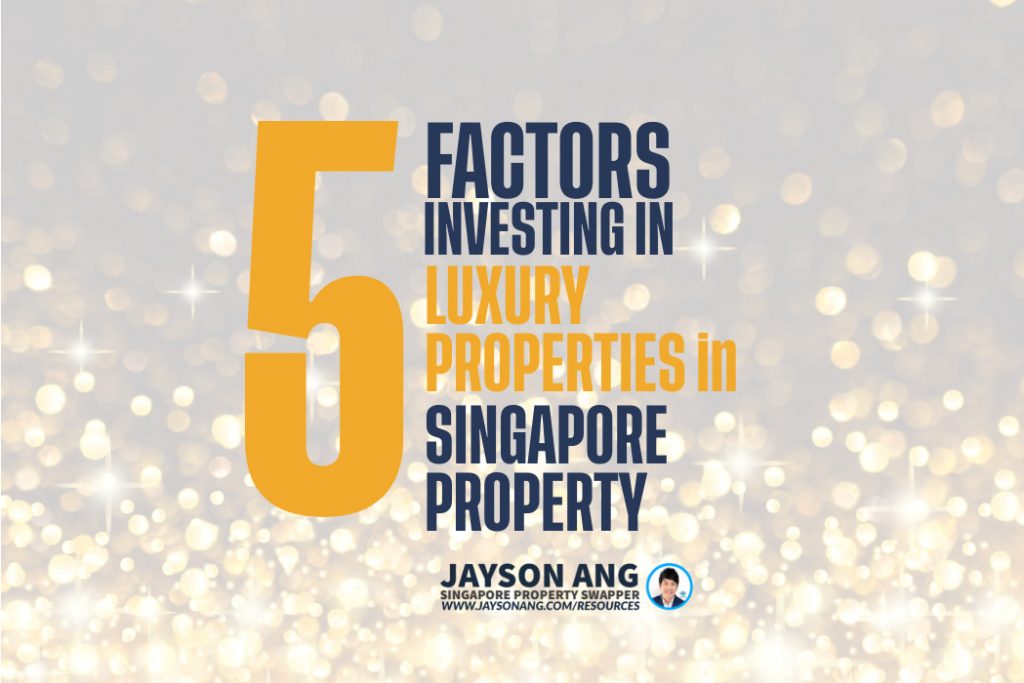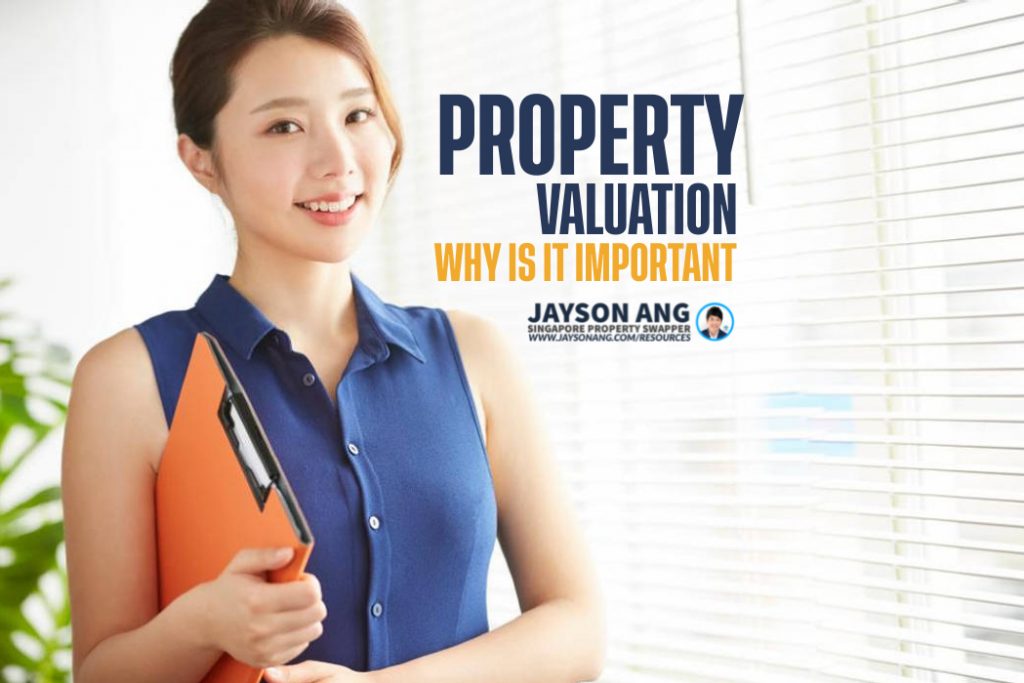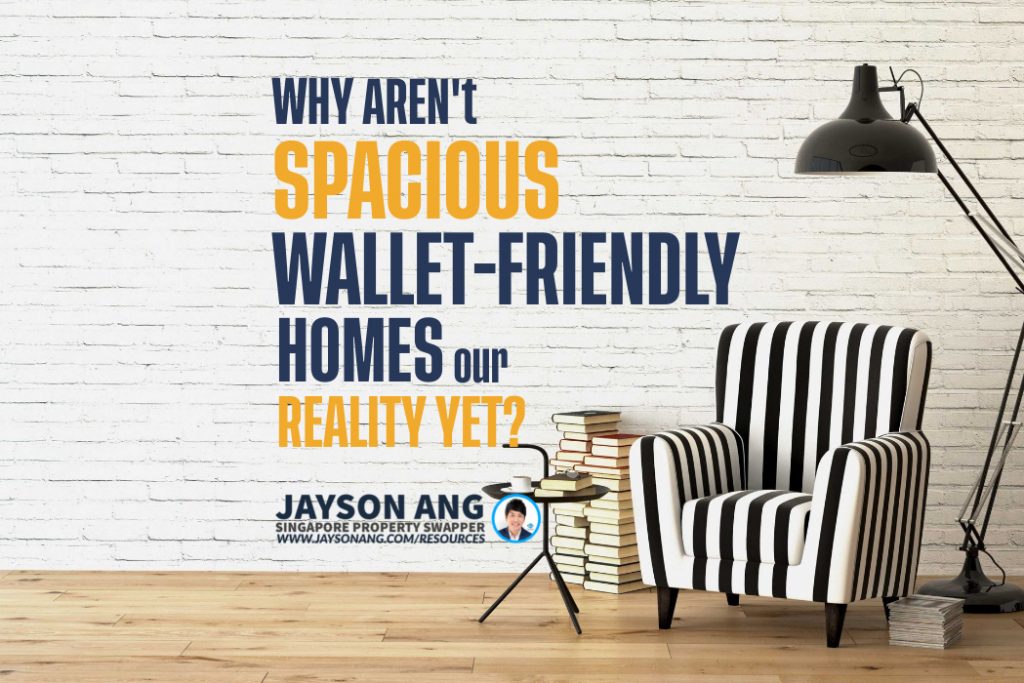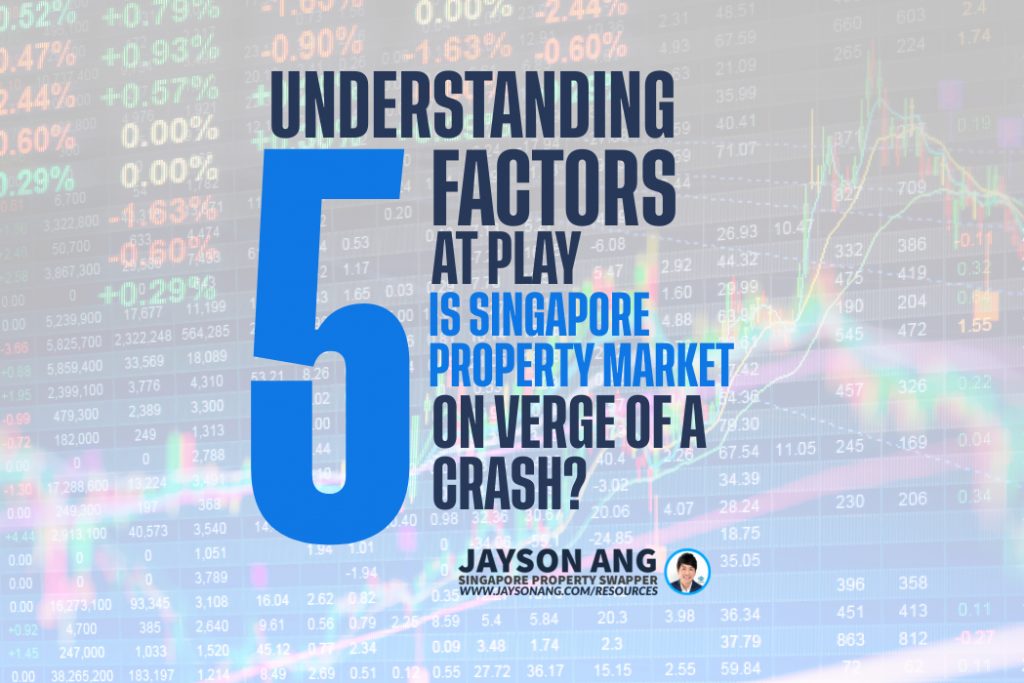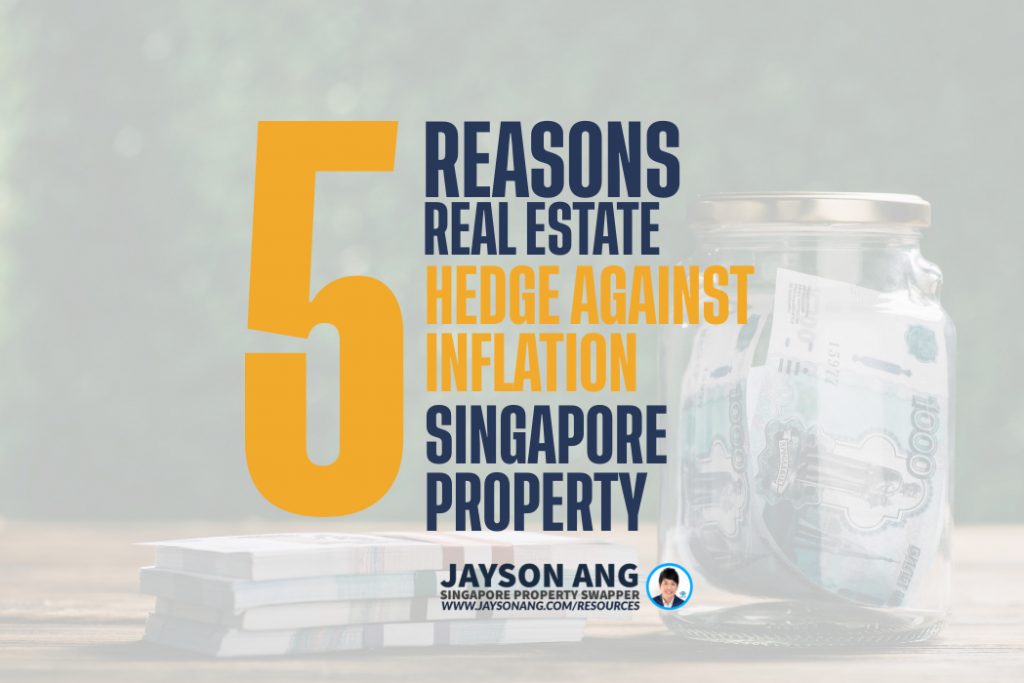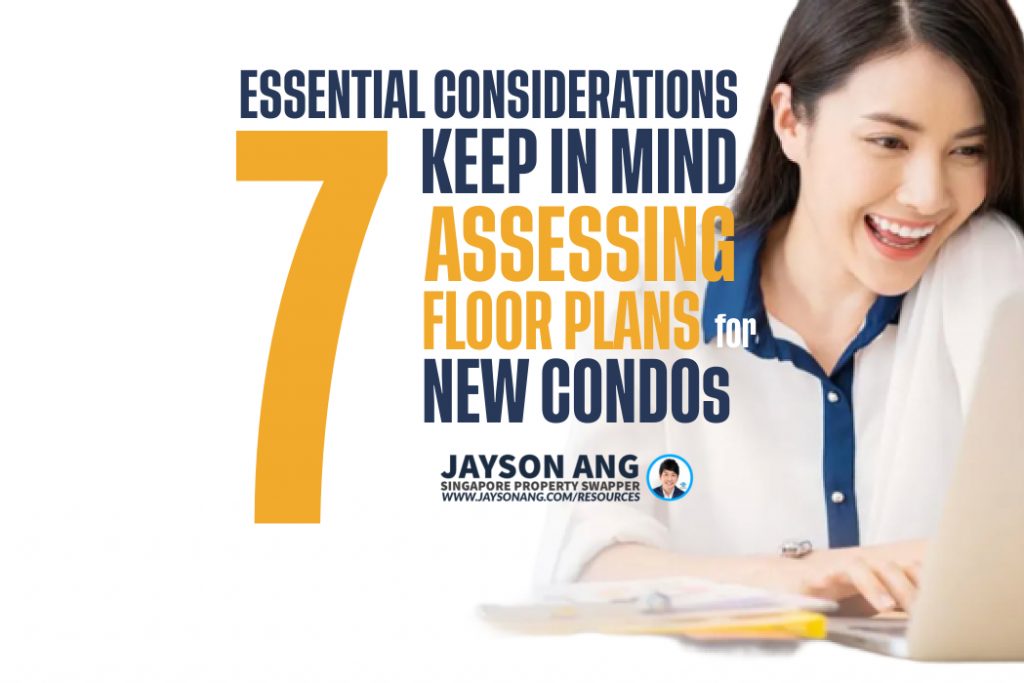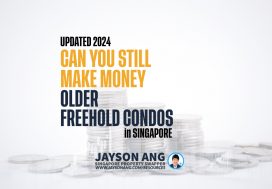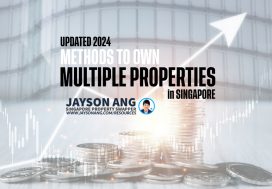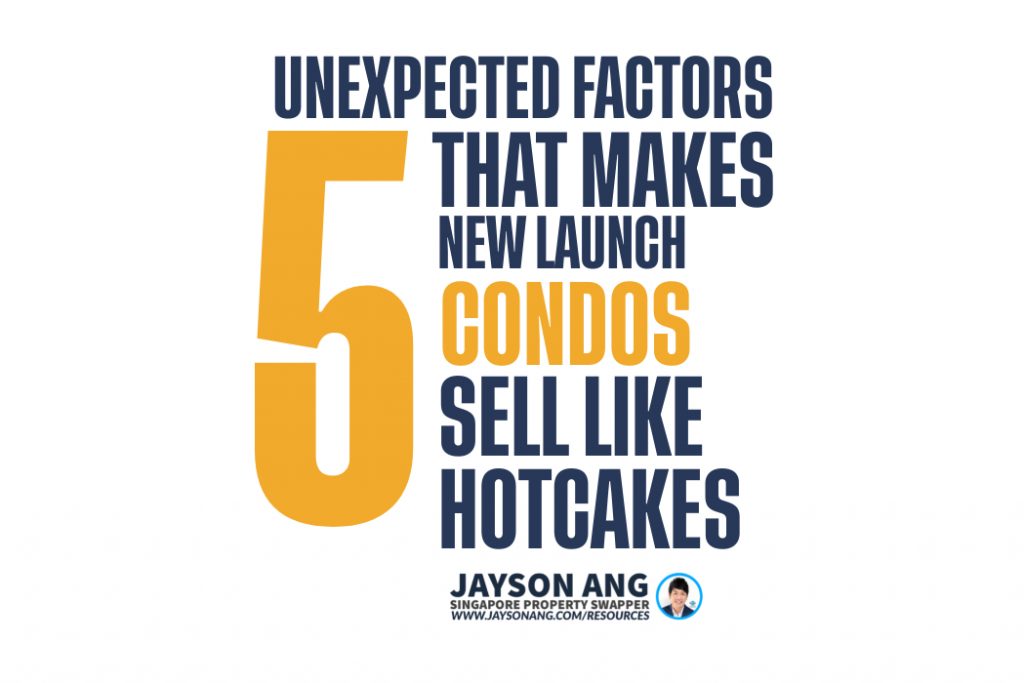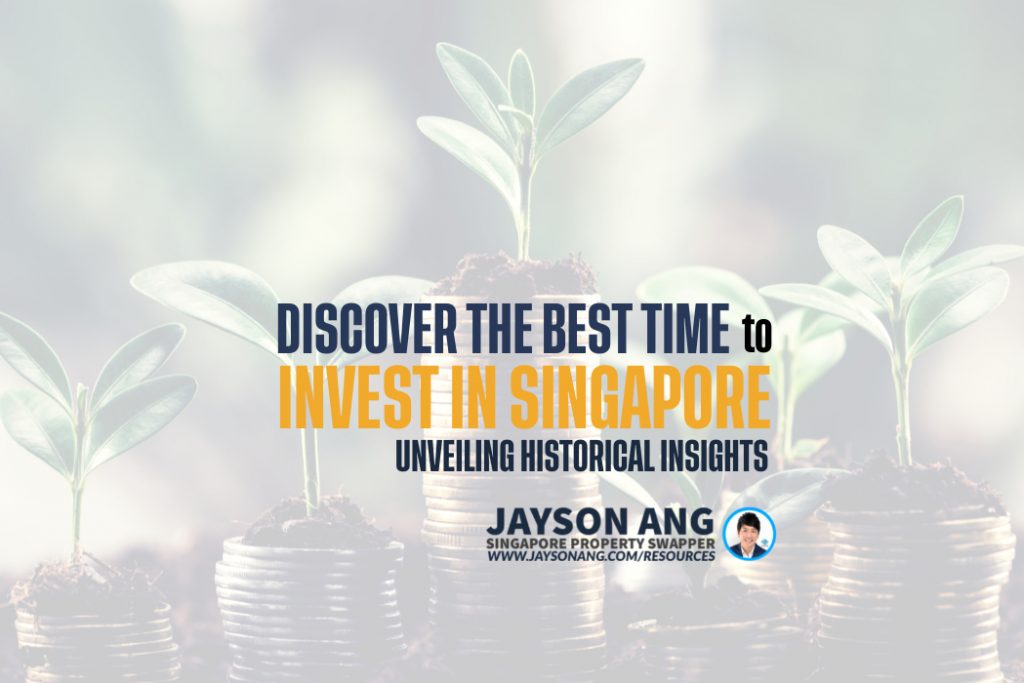TLDR
The real estate market is experiencing a lull in en-bloc activities due to various factors. Higher Additional Buyer’s Stamp Duty (ABSD) rates, the government’s release of Government Land Sales (GLS) sites, issues associated with en-bloc sites, and the rising interest rate environment are key reasons. Developers face challenges with the 40% ABSD on land prices and uncertainty in the market. GLS sites offer a cleaner slate for development compared to en-bloc sites. The increasing interest rates pose financing concerns for developers and buyers. The current trend suggests a shift towards smaller properties in outlying areas. Buyers and sellers need to assess their unique situations amidst these market dynamics.
Well, a bunch of us, myself included, were pretty sure there’d be a big wave of collective sales, or “en-bloc fever” as we like to call it, in 2022/23. But things have been weirdly quiet on that front. That’s kinda strange, especially since all the properties from the last en-bloc fever in 2017 have been revamped and sold off.
Plus, there’s definitely a need for more land. The demand for homes has been through the roof these past few years!
So, it begs the question: Why aren’t the folks who develop properties or those who own condos hunting for new opportunities? Let’s dig into some possible explanations and think about what this could mean for the long haul.
The Expected En-bloc Rush
The real estate market moves in cycles, and one of these is the en-bloc fever. Why does this happen? Well, developers are given five years to build and sell their properties.
Once these five years are up, typically, their land banks run dry. And, they need more land to keep the construction going. But relying solely on Government Land Sales (GLS) sites may not be enough. It all depends on how much land the government decides to put out there.
So, what happens then? Developers start looking for older resale condos to buy. Sometimes, it’s the Management Corporation Strata Title (MCST) of the older condos that reach out to potential buyers.
We saw a surge in en-bloc sales back in 2017, so logic said we should expect another round in 2022/23. However, a couple of things might put a wrench in those plans:
– Higher Additional Buyer’s Stamp Duty (ABSD) rates for everyone – The government releasing GLS sites left, right, and center – Problems associated with en-bloc sites – The rising interest rate environment
1. Higher Additional Buyer’s Stamp Duty (ABSD) rates for everyone
The 40% Additional Buyer’s Stamp Duty (ABSD) on the land price is a big hurdle for developers. They can get back 35% of it, but only if they finish and sell a project in five years.
It wasn’t always this tough. Back in 2017, the ABSD was just 15%. The hike has made developers less interested in building en-bloc properties, especially if the land area is large.
But it’s not just developers who are affected. Let’s say you bought an extra property to rent out back in the 90s or early 2000s, when there was little to no ABSD. If you sold that rental property as part of an en-bloc sale today, you’d have to pay a hefty 20% ABSD to replace it (assuming it’s your second property and you’re a Singaporean citizen).
For Permanent Residents (PR), it’s even worse. Their second property attracts a 30% ABSD. But the ones really feeling the pinch are foreigners. For example, one foreign reader who owns a home in Singapore, was recently worried about a potential en-bloc sale. The ABSD for foreigners is a whopping 60%. So, if she were to buy a modest $600,000 unit as a replacement, the stamp duty would be $360,000. That’s enough to erase any profit from the en-bloc sale.
This situation has put a spotlight on a once-ignored detail: the number of PRs and foreigners owning condos. As the cost of getting a new property rises, they are more likely to vote against en-bloc sales.
People are noticing that this might reduce the chances of en-bloc sales in prime areas, which often have the most foreign-owned units.
Looking ahead, we think buyers interested in en-bloc opportunities should gravitate towards smaller properties away from the city centre. Also, they should keep a keen eye on how many foreigners own units.
Since the ABSD has never dropped before, this could affect things in the long run. As replacing properties gets pricier, the odds for en-bloc sales could tumble and disrupt the usual five-year cycles.
2. The government releasing GLS sites left, right, and center
Get ready for 2023! It’s going to be a big year for GLS sites. We’re talking the biggest release in about a decade, with nearly 9,250 new homes expected to hit the market. That’s going to kick up the total private housing supply to a whopping 63,500 units, and that includes ECs too.
Now, why do developers dig GLS sites? Well, they’re easier on the pocket. The government is pretty cool about it, setting the price at just 85% of the Chief Valuer’s assessment. Heck, they don’t even straight up reject bids below the reserve price. Although, let’s be real, we haven’t seen any of those fly just yet.
On the flip side, collective sales are a different ball game. The current owners aren’t exactly handing out discounts. They usually want more than what the market says it’s worth. I mean, can you blame them? They’ve got to uproot, make nice with tenants, cover the cost of a new place (remember point 1?), and all that jazz.
Let’s cut to the chase. Most developers would rather nab a GLS site over an en-bloc, unless the en-bloc is so phenomenal that it puts the GLS offerings to shame.
If the government wants to keep home prices in check, they’ll keep a steady stream of GLS sites up for grabs. And that could slow down the en-bloc market quite a bit.
3. Problems associated with en-bloc sites
Alright, so check this out. You know what’s a real headache? Those en-bloc dramas that just never seem to end, kinda like that Chuan Park saga. It’s like when you’re playing a game and you get stuck on the same level forever. The developer can’t move forward until the whole thing gets sorted out, and that costs them in terms of missed opportunities.
And then, here’s another pickle. Sometimes, once you’ve knocked down the old building, only then do you spot some issues with the land that were hidden before. Surprise! Now you’ve got extra costs to deal with or new plans to make.
Now, let’s think about Government Land Sales (GLS) sites. They’re like a clean slate – no buildings to tear down, no extra costs, just ready and waiting for you to start building.
In a world where you’ve only got 5 years to build and sell every unit, you can see why GLS sites are the popular kids on the block these days.
4. The rising interest rate environment
Let’s take a step back to 2008/9, when the US Federal Reserve decided to keep interest rates super low, almost down to zero. That was their way of giving the economy a little boost. This went on for an unusual amount of time, right up until the last couple of years. The Covid-19 pandemic extended this need for low interest rates.
When interest rates start climbing, developers have to change their game plan. The first thing they feel is the cost of financing going up. But there’s more – buyers become wary of taking large loans when these rates are high. This can make it harder to sell properties and meet certain deadlines.
Despite the rising rates, Singaporeans haven’t really blinked an eye. But one exec from a property firm, who preferred to stay anonymous, isn’t sure this will last:
“Since Covid, several factors have been driving new home sales, like the boom in remote work, a stronger rental market, and a previous lack of supply. These have kept sales up despite the increase in interest rates. But these factors won’t last forever, and it’s too soon to say that interest rates won’t become a problem.”
Developers are nervous about how buyers will manage to meet TDSR limits with a new floor rate of 3.5 per cent. This floor rate was put in place by authorities because of the rising rates, and it could go up if rates continue to climb (which looks likely right now).
This uncertainty makes developers cautious in collective sale bids, and owners less willing to sell their property as a group.
Any group sales in the near future will probably be in outlying areas.
As we saw with the surprisingly low bids for the Marina South white site, developers aren’t aiming for big, flashy projects this year. Real estate agents we chatted with said group sales attempts will likely focus on older resale condos in outlying areas, where the total cost is lower. These are also the areas where developers might expect quicker sales, since prices are more appealing to HDB upgraders.
Real estate agents also pointed out that many small group sale attempts (like collective sales of old walk-up apartments) have flown under the radar, because there’s no requirement for a group sale to be announced to the public. They mentioned that smaller developers, who don’t have the resources to bid for larger sites like GLS plots, are still active in this area.
Should You Buy, Sell or Wait?
If you’re reading this, you must be trying to figure out the best course of action right now: is it the right time to buy or sell?
It’s difficult to give an exact answer since everyone’s situation is unique and what works for one person may not necessarily work for you.
I can bring you a wealth of on-the-ground experience and a data-driven approach to provide clarity and direction. From beginners to experienced investors, our top-down, objective approach will help you on your real estate journey.
I can help you by:
- Offering Strategic Real Estate Advice – I can help create a comprehensive plan to guide you through your property journey.
- Connecting Your Home with the Perfect Buyers – Through stunning visuals, an effective communication strategy, and an in-depth knowledge of the market, we’ll ensure your home is presented in the best possible way to fulfill your goals.
You May Also Like …









